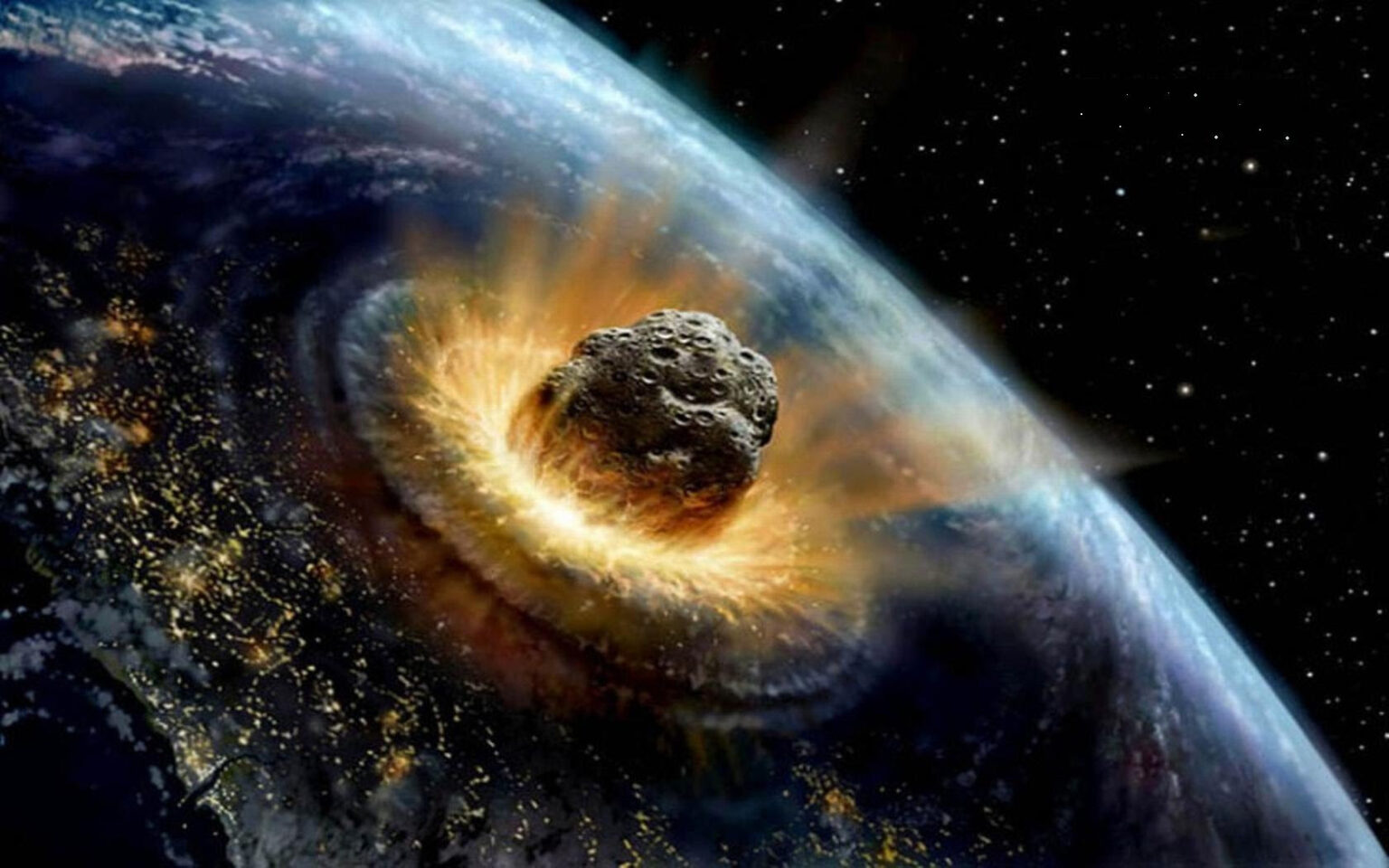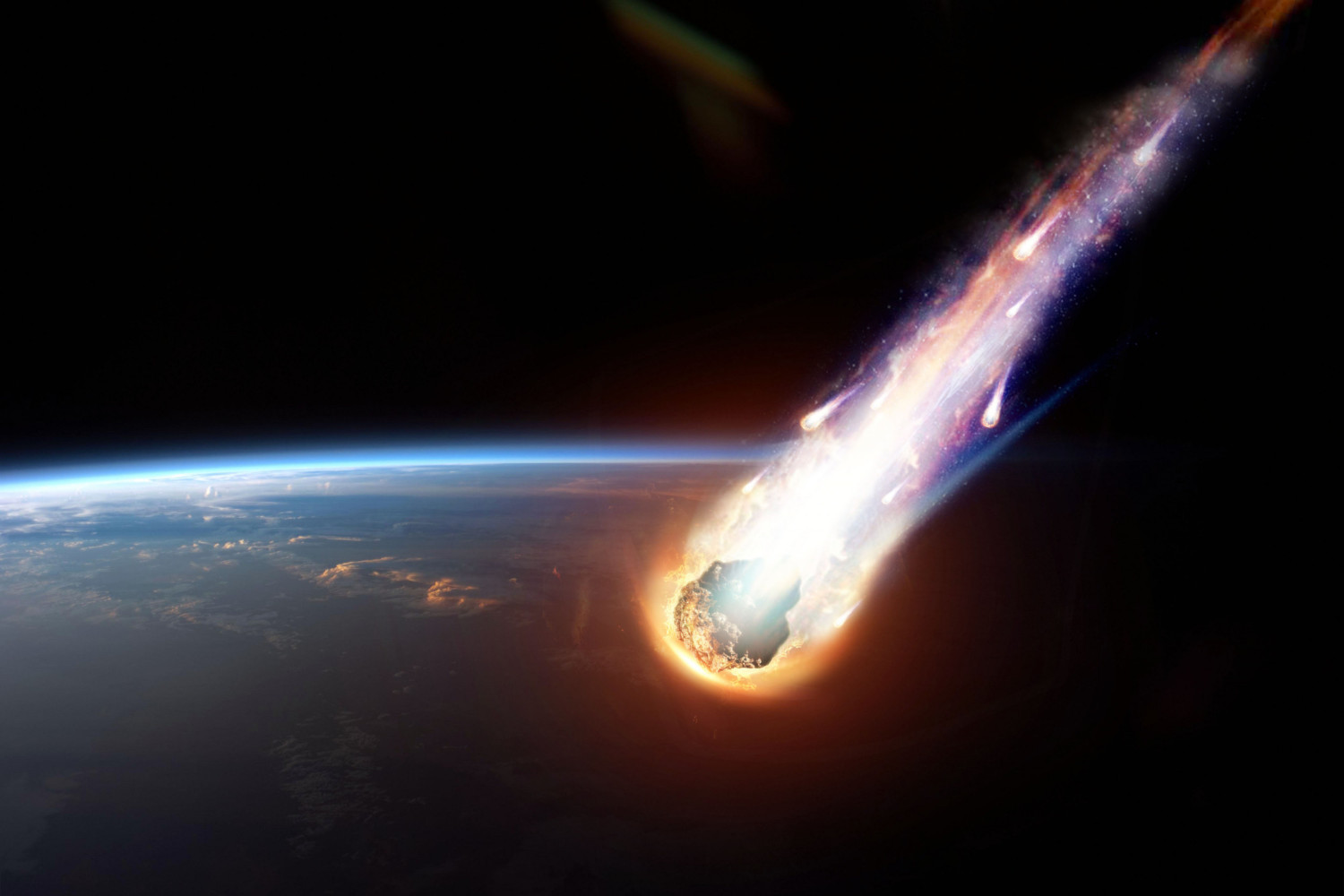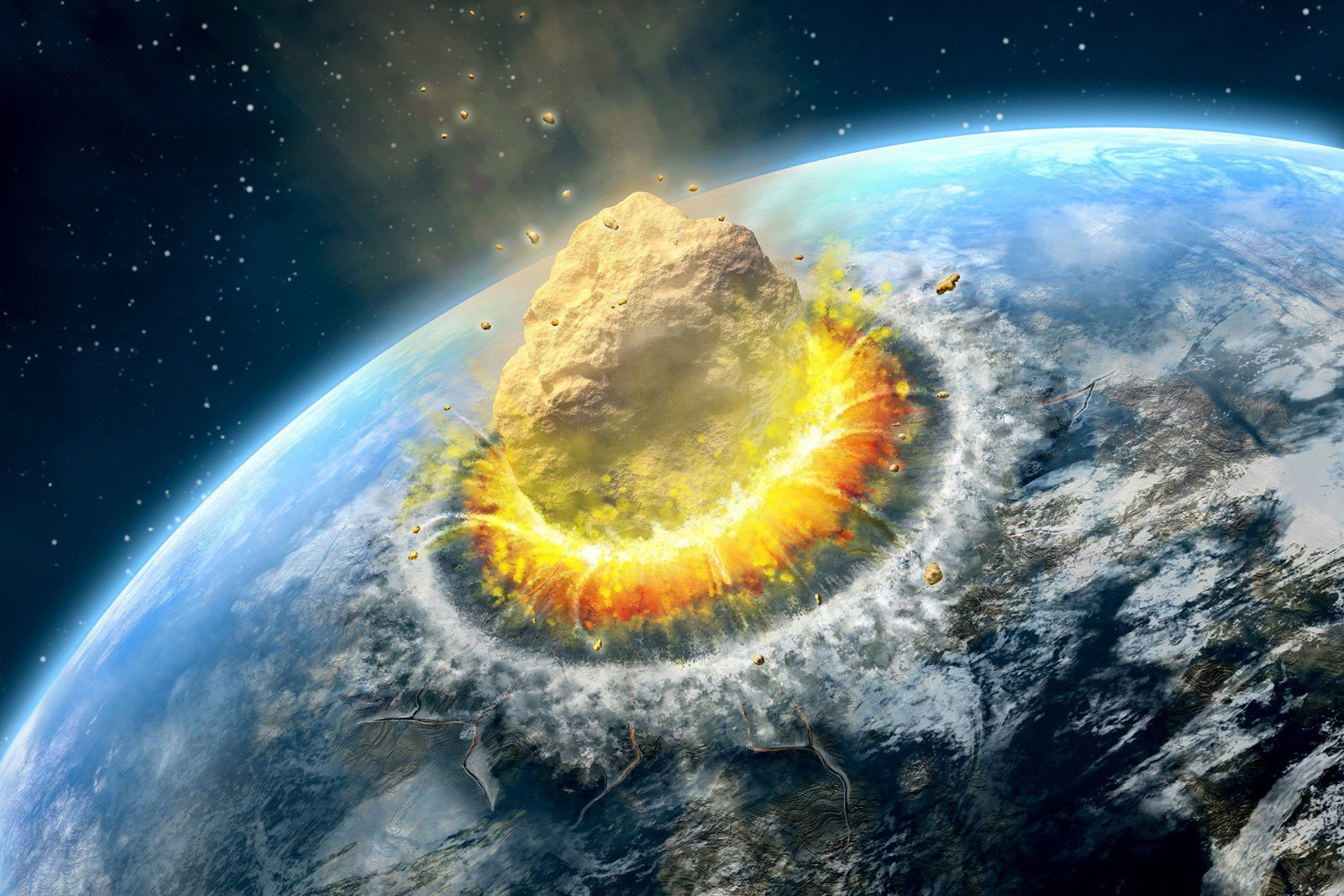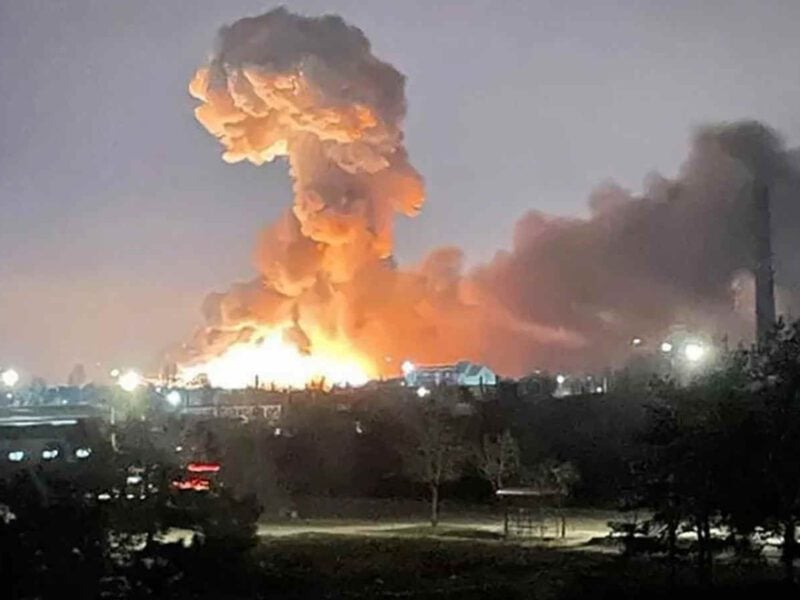
Death by asteroid: Watch NASA’s latest warning about the dangers of meteors
Space has been on the collective hive mind these days, as the Mars Perseverance rover updates folks on Twitter of its helicopter flights, and UFO reports continue to make headlines this month.
Perhaps we’re all thinking of planets devoid of COVID-19, along with the other Earthly struggles we’ve faced over the past, well, eventful few years. The latest space news making headlines today moves away from Mars & UFOs and sets its sights on the rocks barrelling through space and possibly threatening our lives here on the blue planet.

Asteroid warning
Disaster movies like 1998’s Armageddon & Deep Impact instilled the fear of death by asteroid in millenials since the late 90s, but we’ve yet to see a significant asteroid threat IRL in our lifetimes.
News outlets across the board pinged the lingering fears millennials first got from a late 90s Ben Affleck this week when news concerning a NASA asteroid warning spread across the globe. However, this asteroid warning wasn’t pressing – the asteroid warning news comes from a hypothetical test NASA performed during the last week of April to see what experts could do if an asteroid was headed for earth in the near future.

Simulated setback
This week, Space.com reported that every two years, as part of the International Academy of Astronautics’ Planetary Defense Conference, experts come together to discuss what they’d do if an asteroid was headed toward Earth, from the time of discovery to the time the asteroid would hit us.
This year, the hypothetical crisis was discussed from April 26th to April 28th, the specifics being a situation in which an asteroid was discovered six months prior to expected impact.

These hypothetical scenarios act as a dry run each year, so in the case there’s a situation bringing to reality the montages in disaster films in which the governments of the globe phone each other to put the world’s greatest minds in touch, they’ll know who to call.
However, Independent reported today that experts said if we found an asteroid coming to hit the planet in six months, giving people an asteroid warning wouldn’t help much: the experiment concluded there’d be no way for us to stop such an asteroid in six months.


Unavoidable impact
Although the simulation was helpful in bringing world experts together and practicing communication in case any disastrous scenario were to occur, the experiment also brought to light the improvements necessary in the world’s space programs to defend itself if such an occurrence were to go down in the vastly unpredictable realm of space.
Elon Musk put his two cents in when he heard the news of the simulation failure, saying it’s one of many reasons why we need bigger, more advanced rockets on the blue planet. Theoretically, such rockets could be used to help skew the path of an asteroid heading toward Earth.



Improvements
However, if you’re waiting on a real life asteroid warning, expecting the disaster you’ve feared since learning how the dinosaurs met their end, don’t worry too much.
It’s been reported NASA has been working on technology to prevent such an asteroid from crossing paths with Earth with its Double Asteroid Redirection Test (DART) system, which will be launching a test mission by the end of the year.
Andrea Riley, program executive for DART at NASA, said the mission will help experts better understand what to do upon discovering a NEO (near Earth object) anytime in the future.
For now, NASA is tracking any near Earth objects around the clock to check on any potential impacts facing the planet, so experts can step into action as quickly as possible.







